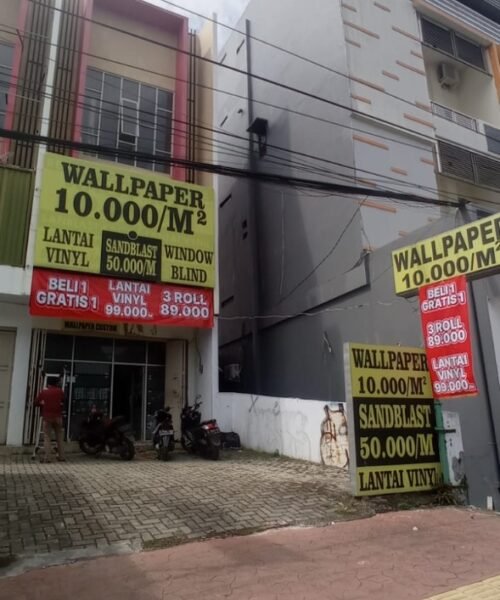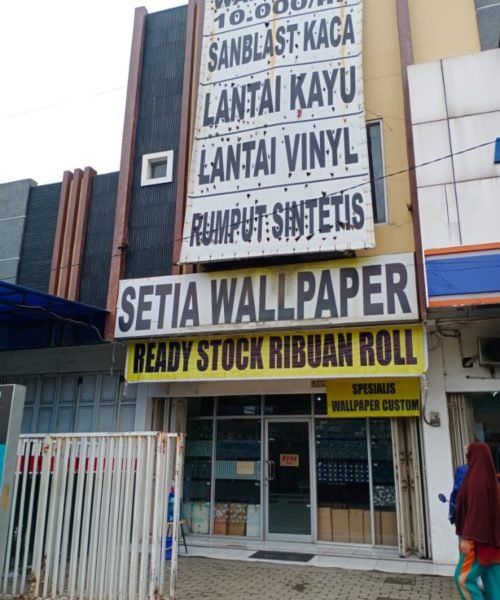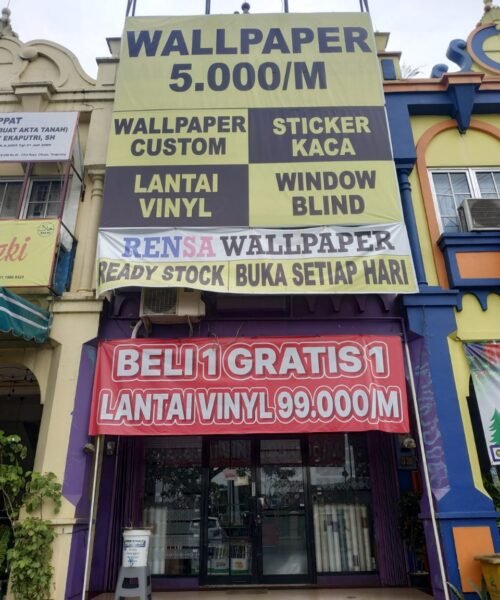In December of 2004, equivalent year
Rosanna Flamer-Caldera
based the LGBTQ+ nonprofit
Equal Floor
inside her native Sri Lanka, the nation had been devastated by a tsunami which left-over
35,000 missing or lifeless
. For much of their first 12 months, Equal Ground focused its efforts instead of LGBTQ+ advocacy but rather on catastrophe reduction, touring across nation and providing assistance to the people in need of assistance.
“it had been rather damaging,” Flamer-Caldera told me once we talked earlier in the day this month. However the initiatives had an unintended and unanticipated result. Many years afterwards, she was actually contacted by a Muslim few in the eastern shore of Sri Lanka whom
Equal Soil
had caused within its comfort days. The happy couple â along with their buddies and connections out eastern â wanted to reserve Equal Ground for LGBTQ+ understanding sensitizing products in their regional communities. Term traveled fast. Quickly, different communities around Sri Lanka were scheduling products, as well.
“And so like this, it proceeded as well as on as well as on,” Flamer-Caldera says to GO. The business’s are employed in 2004 “paved the way in which for Equal Ground to enter all those locations and talk about LGBTQ+ liberties.”
Today, seventeen decades later on,
Equal Floor
is Sri Lanka’s earliest non profit LGBTQ+ advocacy team, elevating understanding of liberties and presence in a nation that officially supplies no protections for queer and gender non-conforming people. Equivalent surface is actually a secure area for queer people and occasions, but also a platform for instructional outreach to queer people and potential allies across nation. Equal Ground provides personal and networking opportunities through area occasions and Pride festivities; guidance solutions for lesbian and bisexual ladies and trans individuals through two separate hotlines as well as on social networking systems; educational and sensitizing workshops for corporations and media businesses; and training classes on topics including gender-based physical violence, real liberties, and intimate and reproductive health in local communities. The entity in question also creates academic guides on queer liberties and understanding in every three from the nations’ languages (Tamil, Sinhalese, and English) and behavior qualitative study regarding experiences of, and attitudes toward, Sri Lanka’s LGBTQ+ populace.
“Occasionally we work with women’s businesses, feminist organizations, sometimes we use people, occasionally we use LGBT teams. It really is dependent upon whom we are getting in touch with and whom we have been dealing with during that time,” Flamer-Caldera claims.
The thought of LGBTQ+ rights continues to be significantly brand-new within the southeast Asian country, which until 2009 was actually embroiled in a 25 12 months civil combat between the Sinhalese-led federal government and Tamil separatist teams. Same-sex relationships are effectively criminalized under Sri Lanka’s penal rule. Although it doesn’t identify homosexuality specifically as a crime, the rule does stop “carnal understanding up against the order of character,” “gross indecency,” and “cheat[ing] by impersonation,” which are recognized to relate solely to same-sex connections, based on a
2016 report
from Human Liberties View. A
following report from the company published just last year
discovered that queer and gender non-conforming persons always deal with “arbitrary arrest, authorities mistreatment, and discrimination in accessing health care, work, and property.”
“It really is an awful thing to state about my personal country, but we’re, sadly, in a truly poor destination nonetheless,” Flamer-Caldera says to GO. Although a local of Sri Lanka, Flamer-Caldera did not necessarily know-how terrible situations were until after she’d came back home from San Francisco, where she’d existed for fifteen years and where she had turn out. “whenever I came ultimately back, I quickly found out that there were legislation that criminalize consenting grownups, same intercourse, sexual relations, and that I had been like, âYou’ve surely got to end up being kidding. Are we located in the bad dark colored many years or exactly what?'”
Not merely one to let shock have the better of their, Flamer-Caldera decided to do something about it. Upon going back from san francisco bay area, she began a lesbian and bisexual women’s class, called the Women’s assistance Group; she additionally got herself elected the co-secretary standard regarding the International Lesbian, Gay, Bisexual, Transgender, and Intersex Association (IGLA). Before long, but she discovered “there seemed to be nobody, truly, undertaking such a thing for your LGBT society in Sri Lanka.” She began Equal Ground in 2004 to supply this wider assistance when it comes down to LGBTQ+ community.
“Even if the guidelines change today, belief does not change the next day,” Flamer-Caldera states. But she’s got seen perceptions change over many years.
Equal Ground went a three-month promotion called Ally for Equality, which also known as on individuals from around the country to post brief videos to Facebook professing their allyship. “I thought I would personally only have to generally twist my friends’ arms add movies,” Flamer-Caldera says. Alternatively, “We had more than 100 films via all parts of the island, talking throughout three languages. Which was amazing. 5 years ago, no one might have submitted a video.”
As perceptions change, ideally statutes will, as well. Within governmental degree, Sri Lanka has observed some advancement lately, although much continues to be must advance the explanation for LGBTQ+ legal rights, which remain evasive. Following the beat of strongman president Mahinda Rajapaksa when you look at the 2015 elections, the government issued a Gender popularity Circular, enabling people to alter their particular sex markers on recognized paperwork. In a 2016 ruling,
the Supreme legal known
contemporary reasoning “that consensual gender between adults should not be policed of the condition nor should it is grounds for criminalisation” but ultimately determined that in Sri Lanka, “the offense remains very much element of our very own legislation.” Next, in 2017,
government entities refused
to instate specific anti-discriminatory protections for intimate direction and identity within their suggested nationwide Human liberties Action Plan; at that time, the Minister of Health mentioned that “the federal government is actually against homosexuality, but we are going to not prosecute any person for practising it.” Afterwards that exact same 12 months, following an evaluation because of the us Human liberties Council,
the united states’s Deputy Minister promised
that the country would decriminalize same-sex relations, and include explicit protections against discrimination. But the us government features however to behave with this vow, and/or U.N suggestions.
Regardless of the Minister of wellness’s proclamation that the government wont prosecute folks involved with same-sex relations, rights groups like Equal Ground declare that the regulations nonetheless offer cover for police to harass, misuse, and solicit bribes from queer and gender non-conforming folks. Between 2010 and 2012, the Women’s assistance cluster (WSG â created by Flamer-Caldera) interviewed 33 queer-identifying females and 51 stakeholders (medical doctors, attorneys, companies, mass media representatives, spiritual leaders) for a qualitative examination of queer ladies encounters.
The study
unearthed that 13 with the 33 LBT participants had reported harassment and assault at the hands of police, who focus on trans persons and females of masculine appearance.
Now, Human liberties view, in conjunction with Equal Ground,
reported
that since 2017 â a-year following Minister of wellness advertised the government will never prosecute individuals for engaging in same-sex relations â about seven folks were forced to go through rectal and genital examinations by police, who had been seeking to unearth evidence of alleged homosexual tasks. Just one year previously,
another document
by Human Liberties View
discovered that in the 61 lesbian, homosexual, bisexual, transgender, and intersex people questioned, over half reported that they had been detained by police without cause, while 16 participants â mainly guys and trans people â said they practiced intimate abuse or assault by authorities.
Violence and persecution at the hands of state actors are simply just an element of the issue facing queer people in the old-fashioned nation where patriarchal beliefs and sex functions would be the standard. The WSG learn from the very early 2010s discovered that all 33 LBT interviewees had skilled emotional violence because of the sex, typically from family; two-thirds skilled physical violence as well as over half had experienced intimate physical violence. Four experienced harassment on the job, and seven reported being forced into emotional healthcare facilities, health features, or spiritual institutions, often at a parent’s request, as “healed” of homosexuality.
“we’re combating for the resides here,” Flamer-Caldera states. “There’s a lot of intimidation, intimate assault, rape, beatings, extortion, blackmail.” Despite enhanced initiatives to teach LGBTQ+ individuals of these liberties through magazines like
“My Personal Liberties, My Duty”
(made in all three Sri Lankan languages), lots of this type of incidents go unreported, since subjects are often also worried to speak out against state actors like authorities, and even against members of the family. Equal Ground might possibly see only 25 to 30 research each year, representing only a portion of violations.
But although LGBTQ+ men and women face persisted hurdles to acceptance, there’s no denying that Equal Ground made considerable inroads in reshaping Sri Lanka’s social truth. “Progress are calculated in different ways,” Flamer-Caldera says: into the raising Pride activities, in which individuals cheer from the Rainbow banner, or on social media marketing, in which partners show their own unwavering support for the LGBTQ+ neighborhood. Equivalent Ground is being welcomed into a lot more places, also. The entity in question conducted education and workshops in 18 of Sri Lanka’s 25 areas, such as in Jaffna for the north, long-off restrictions while in the disruptive days of civil war. Today, in Jaffna along with other areas, LGBTQ+ groups are beginning to appear “like mushrooms,” Flamer-Caldera claims. “this is certainly fantastic. This is certainly completely wonderful.”
She also thinks which they’ve garnered adequate service for LGBTQ+ rights culturally they might be able to begin changing regulations, too. Equal Ground has now done qualitative investigation in preparation for a major news venture, on scale of marriage equivalence in the usa, and discovered that “many have reached the empathetic stage, and easily pushed in to the recognition level,” she informs me. “We were happily surprised within responses.”
Equal Ground made a great progress method from 2004, when the comfort initiatives first provided the group unforeseen inroads into Sri Lanka’s regional communities. The trail provides occasionally already been hard, but “we’ve progressed,” Flamer-Caldera tells me. Inside the seventeen many years since she 1st created Equal Ground, Pride parties tend to be thriving, queer people have access to identity-affirming resources and area, and perceptions during the traditional country are starting to heat towards LGBTQ+ neighborhood. Although LGBTQ+ individuals still have a long way to go in Sri Lanka, Flamer-Caldera tells me, this woman is “quite pleased” using the advancement they’ve already generated.



